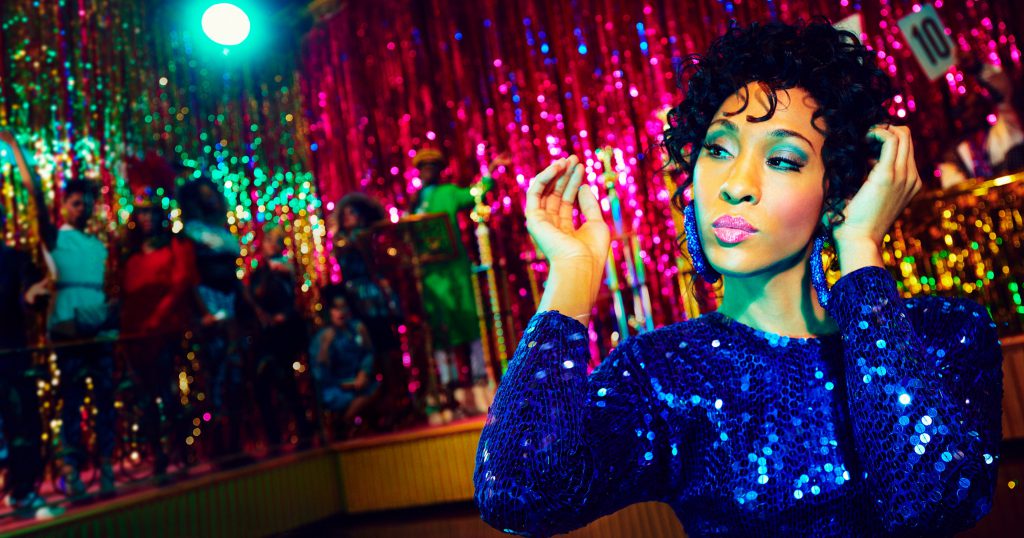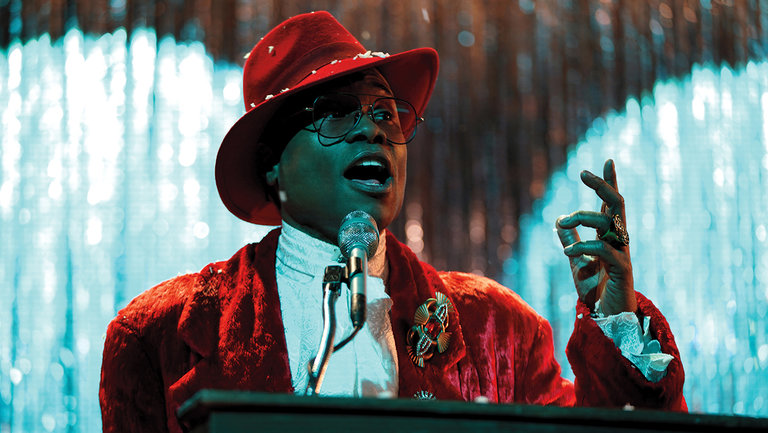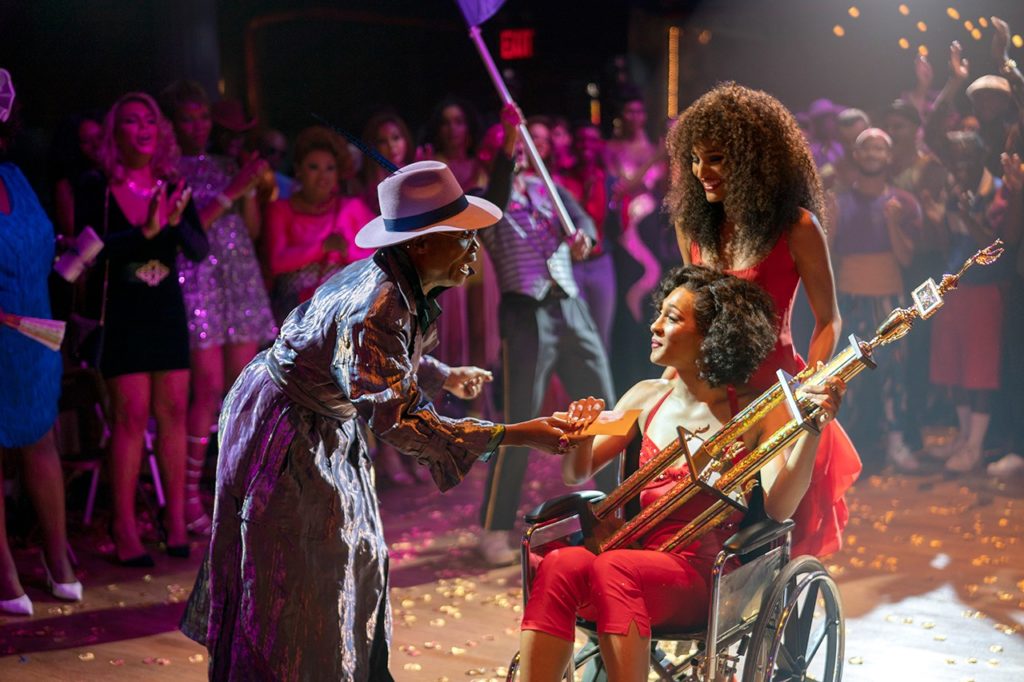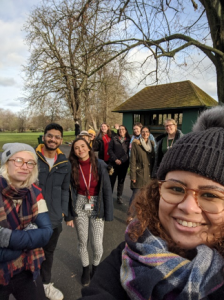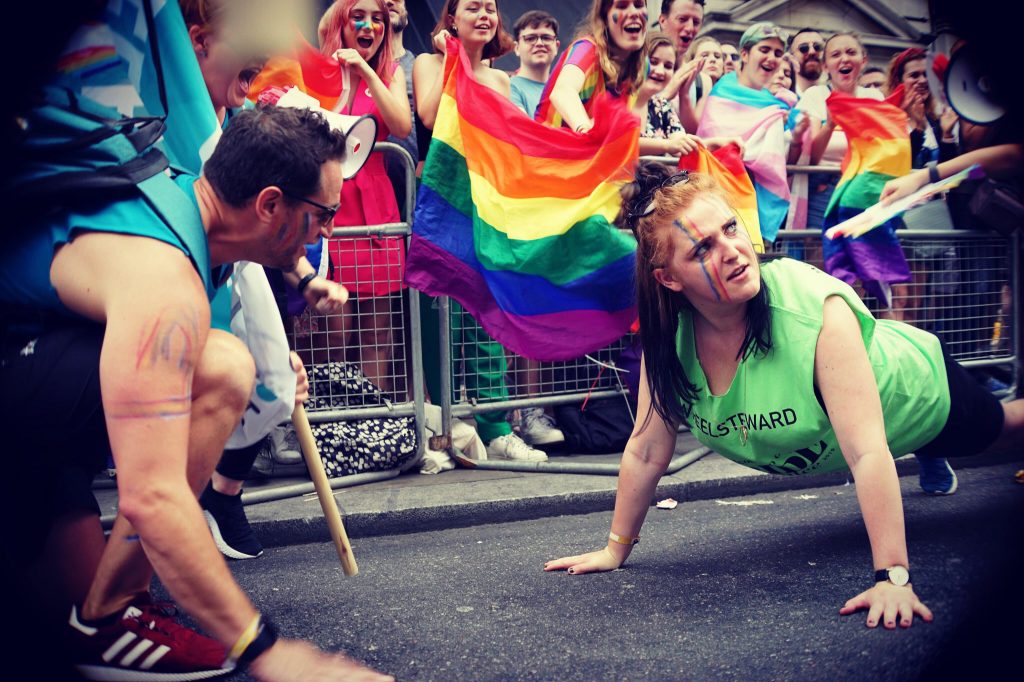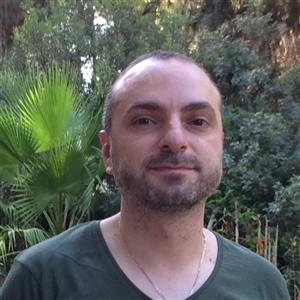For LGBTQ+ History Month, EDI Consultant Nicole Robinson writes about bisexuality, being straight passing and motherhood.
My new portfolio leading King’s work on LGBTQ+ equality has been an exciting opportunity since I returned from maternity leave in September after the birth of my son in May. My new programme of work, whilst being very early into my new role as a mother, combined to reinforce and refresh in my mind my role as someone who is straight–passing. Someone who is straight–passing is someone who, in their day–to-day life, is presumed heterosexual.
I identify as bi. I have been with my husband for ten years and my entire adult life, since we were 17. I understand that I have the privilege to hold my husband’s hand and walk down the street without fear, that our marriage took literally days to plan and was uncomplicated (I highly recommend eloping to your nearest registry office with no guests), and that our decision to be together is respected and not questioned.
I also know, and feel deeply, that my life could have been very different if the person I fell in love with, and chose to spend my life with was different. It is very strange to deny a huge part of my life; the confusion of working out who I was attracted to (thank you for your help in those early years Sugar Rush and Skins), the women I’ve loved, the challenges of coming out and being outed and of course, the feelings and attractions that I continue to have.
I often wonder if my relationships with friends and family would be the same if my partner was different, if I would have the same conversations. In most circumstances I know that wouldn’t be the case. It’s also working out who my son will understand me to be. In the years ahead I’m more likely to be covered in glitter at messy play than at Pride, and my Friday nights are currently less Soho streets and more likely ending up reading depressing forums about what mums would do if their children came out to them during night feed number 308537. Being in a long-term ‘functioning heterosexual relationship’, whatever that is, a mother, and someone who is quite introverted, means that my life and my lifestyle don’t often match up with what is understood to be LGBT or queer culture.
When you’re straight passing, it isn’t that you’re unaffected by homophobia or biphobia, it is that it affects you in a different way. Instead of it being immediate and direct, it’s being stuck in conversations where you must run through several decisions. Do I correct them? Do I call them out on their behaviour? Do I come out to them? Will that put me at risk? What will that mean for this relationship going forward? For my place in this environment?
Motherhood is a powerful time where ideas around your own identify are thrown into a whirlwind. Returning to work can complicate this even further, and so now more than ever, it’s important to reaffirm my identity and my sexuality. Being bi is an immutable part of who I am, and an important part of my work as an EDI practitioner.
I hope that with more visible people at King’s sharing their experiences, more of our colleagues will start to question and acknowledge their own assumptions around who LGBTQ+ people are, what our experiences are, what our families and lives look like, and what we contribute.

